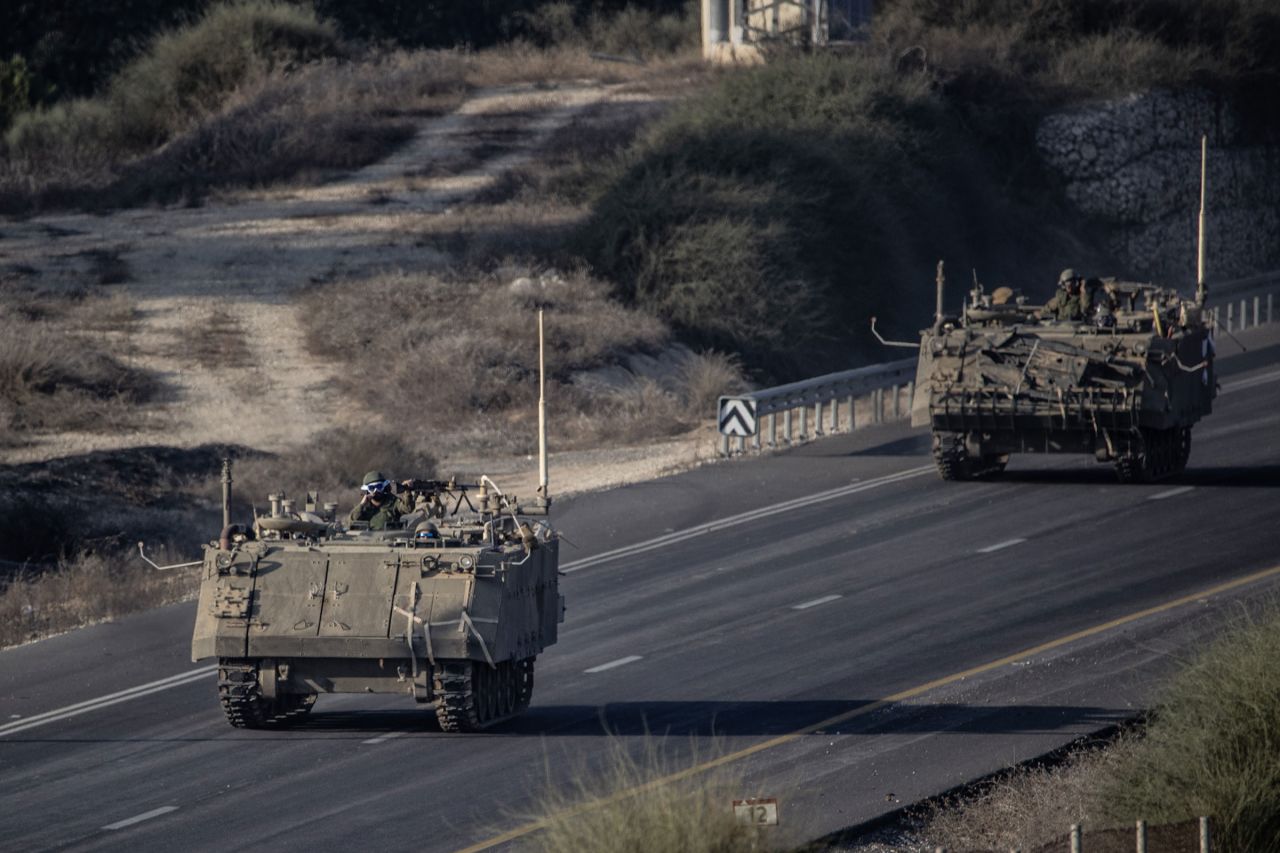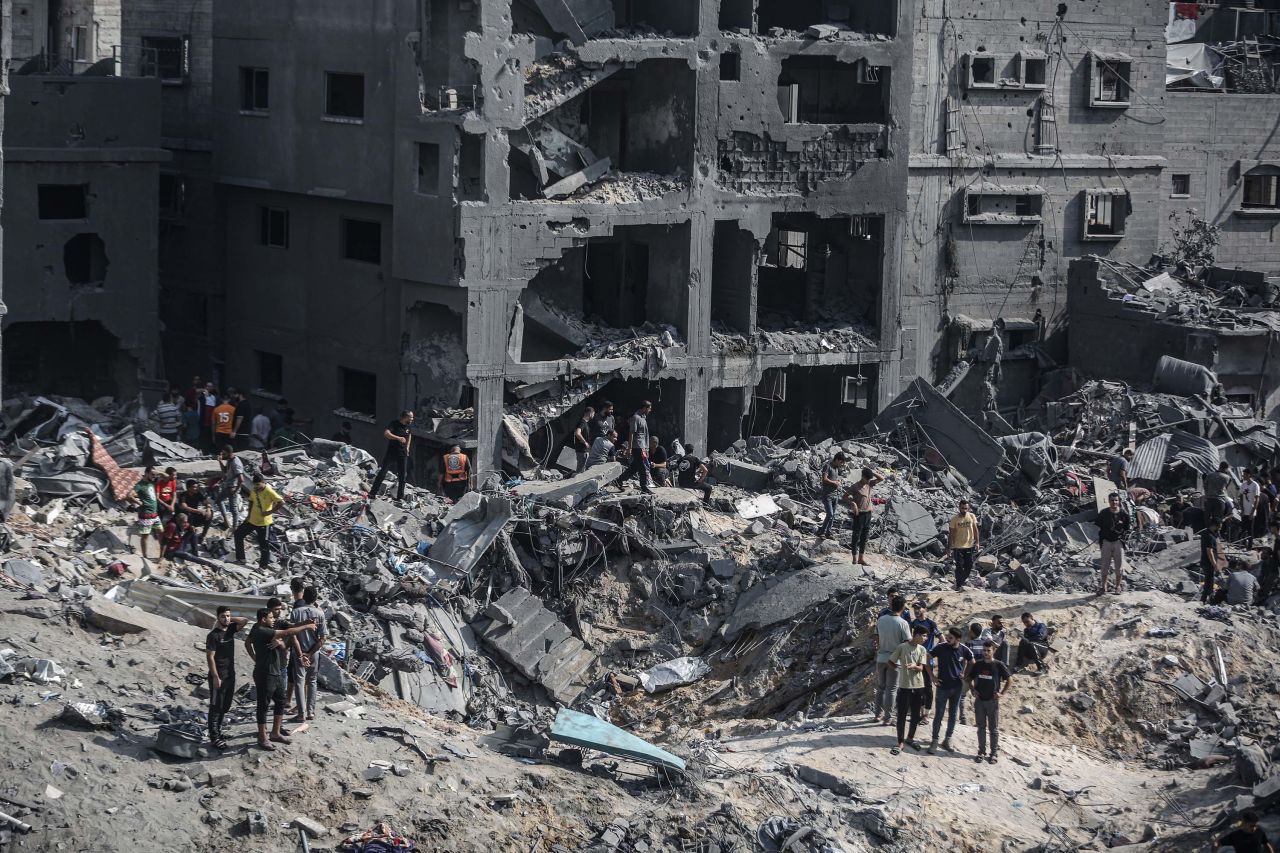The breakthrough that allowed an initial group of foreign nationals, including US citizens, to depart Gaza on Wednesday came together after weeks of intensive, multi-party diplomatic efforts, sources familiar with the negotiations told CNN.
The agreement to allow foreign passport holders and a group of critically injured civilians to depart through the Rafah border crossing was reached on Tuesday, prior to the Israeli forces’ airstrike that hit Gaza’s largest refugee camp.
Qatar, which coordinated with the United States, was the key broker of the deal between Israel, Egypt, and Hamas, according to sources familiar with the talks.
The development was hailed as a critical first step in getting foreign nationals out of the war-torn strip as Israel intensifies its military operations there.
Though US officials have stressed that the situation remains fluid, they have expressed optimism that hundreds more will be able to depart in the coming days.
Complex deal: The negotiations were consistently described as immensely complicated, and the breakthrough came after “intense and urgent American diplomacy with our partners in the region,” President Joe Biden said Wednesday.
The initial hold up to allow foreign nationals to depart Gaza involved Egypt — which wanted an international organization to serve as administrator and vet people before their departure from Gaza, a source familiar told CNN.
The negotiators worked with the United Nations and eventually got them to agree to serve in that role.
However, they could not get guarantees from Hamas that they would not harass or interfere with the UN officials, nor would they agree to allow them to operate on the Gaza side of the border, which is what Egypt wanted.
Instead, Hamas wanted the UN officials to be on the Egyptian side of the border, which Cairo would not accept because of security concerns.
Despite days of negotiations, the negotiators could not get Hamas to agree to what Egypt wanted, so then the focus turned to potential other routes out.
Negotiators were cognizant that time was not on their side. The Israelis agreed that they would allow foreign nationals to depart through Kerem Shalom, but Hamas continued to be the issue.
There had been attempts by some countries to get small groups of civilians out through that route, but the people had been blocked by Hamas.
In recent days, Egypt dropped its demand to have a third-party administrator over the Rafah gate, and Hamas — which had been engaging with Qatar — agreed to allow its border authority to operate the gate.
Allowing wounded Palestinian civilians to leave was always part of the discussion.
A list was sent to Qatar, Egypt and Israel — each country was able to vet the list and make deletions.
Originally, Israel only wanted wounded women and children to be allowed to depart and the US had to push them to drop those preconditions. The Israelis initially pushed back hard on this but after many senior level discussions between the US and Israel they relented.
There are at least 6,000 people believed to be on the list of those who are able to leave through the Rafah border crossing — that list was vetted by Israel and Egypt.
Those people have nationalities from more than 40 countries, as well as locally employed staff, those tied to aid organizations and NGOs and the press.







































